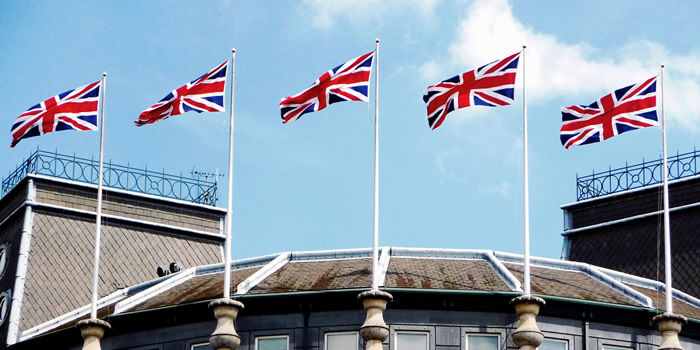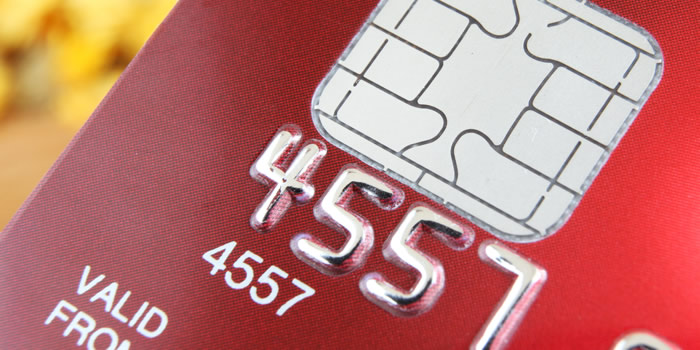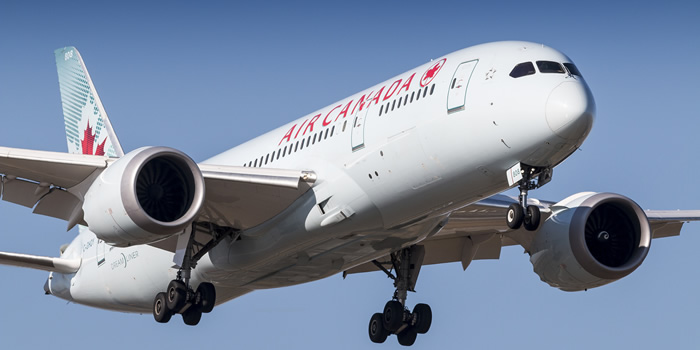
When it comes to credit card interchange fees, Canada and the U.K. seem to be heading in opposite directions. An important ruling recently gave Canadian businesses the power to start imposing a surcharge when customers pay by credit card. This practice was previously banned. Over in the U.K., it’s a different story.
Previously credit card surcharges were allowed in the U.K., but pretty soon not any longer. The British government is putting an end to this practice. The new rules come into effect January 2018 and were created because it’s common practice for certain businesses to impose a surcharge when paying by credit card. For example, airlines, food delivery apps and small businesses commonly include credit card surcharges. But under the new rules, this will no longer be permitted. The government has gone on record saying that these charges have “no place in a modern Britain.”
Credit Card Interchange Fees a Sore Spot in the U.K., Too
Credit card interchange fees are a touchy subject, even across the pond in the U.K. Similar to Canada, many businesses in the U.K. already raise their prices to account for interchange fees. By also imposing a surcharge, they were effectively double dipping. That also means that anyone who uses other payment methods, such as cash or debit, is effectively paying higher prices due to interchange fees.
Even though businesses in the U.K. previously had the power to impose credit card surcharges, many chose not to. The reason: to avoid a backlash from customers. Credit card surcharges often come as a surprise to customers. A customer who discovers a surcharge on their receipt might think twice about returning to that business. Losing a lifelong customer over a surcharge is a risk many businesses in the U.K. aren’t willing to take. As previously mentioned, the only businesses that typically charge them are businesses in industries where competitors charge them as well. Since the competition is also doing it, they don’t really stick out by imposing surcharges themselves.
Most businesses see credit card interchange fees as a cost of doing business. Any business that doesn’t offer credit card as a payment method could be at a distinct disadvantage in an industry where competitors offer it. However, the root of the issue for many retailers in Canada and the U.K. is excessively high interchange fees, those typically charged on so-called premium credit cards. Those premium credit cards may come with generous rewards that cardholders love, but they cost retailers a pretty penny in interchange fees – sometimes upwards of three percent of a purchase.
The Bottom Line
It’s interesting to see that high interchange fees is a problem everywhere in the world, not just in Canada. It’s in the best interest for many, especially small businesses and customers, if interchange fees are lowered. The hefty interchange fees charged by premium credit cards are paid by everyone whether you like it or not in the form of higher prices. It will be interesting to see if Canadian businesses actually use their newfound powers or if credit cards start to ditch premium cards with high interchange fees that businesses loathe.




